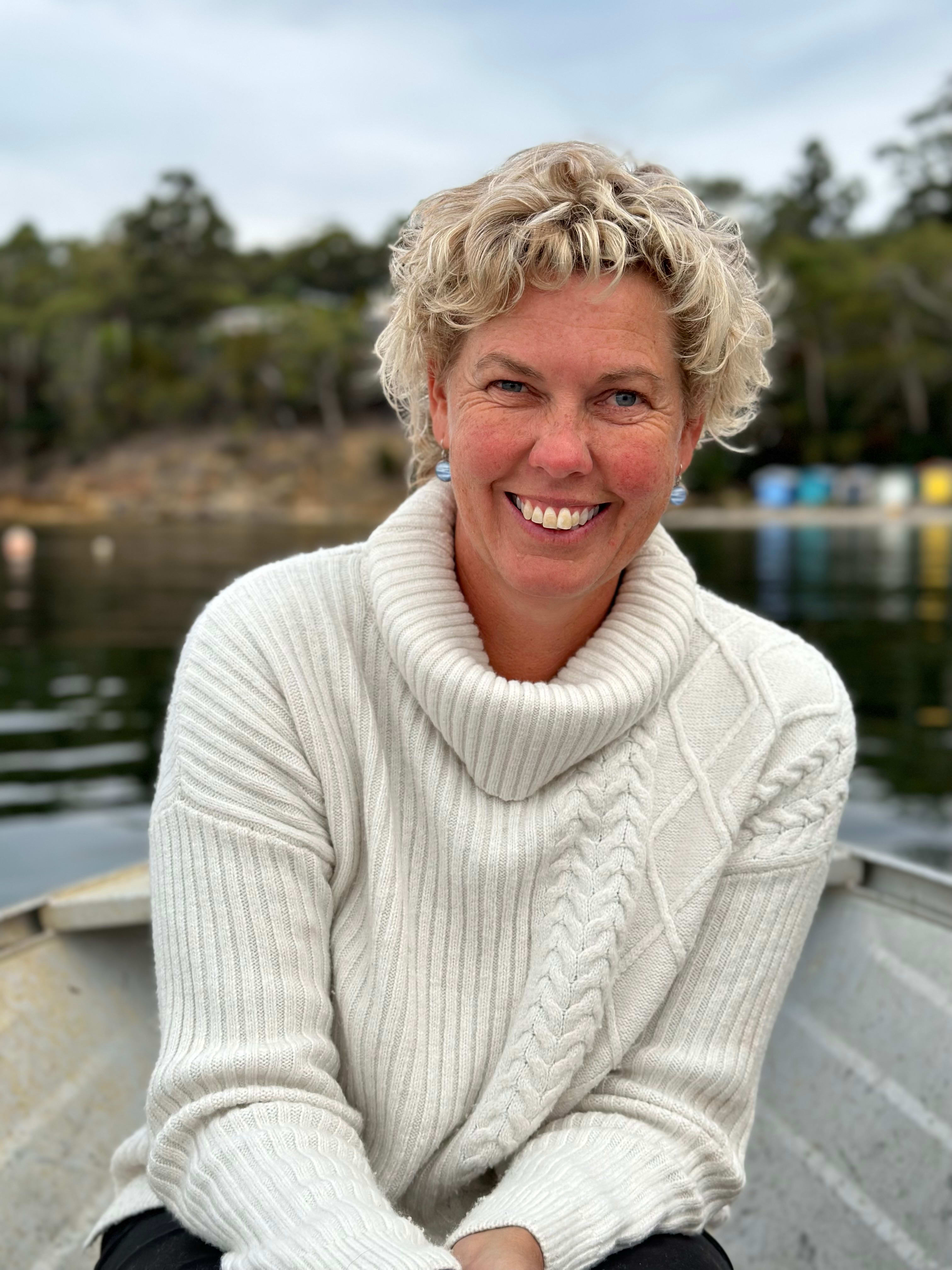Memory is a curious feature of the human design. It can change and morph with time – as though neural pathways conspire with clocks to adapt history in a quest to manipulate the present. Facts connected to the past can make themselves scarce in the present – instead fact’s vibrant cousin, fiction, makes an appearance and creates a different dialogue.
My memory conjures up snapshots of Tasmania regularly, often taking its own course, with its own agenda to entice me back. When I meander down the lanes of my Tasmanian memories, there are no bumpy roads that acknowledge the tough times that come with being an expatriate in the antipodes. My memory conveniently dodges such recollections and focuses on the myriad highlights of our time on the island state of Australia.
It’s all ecstasy and no agony.
Is this why some of us are justly crowned ping-pong Poms? Or Boomerang Brits? We bounce from one hemisphere to another, unable to decide where to affix our roots in case it cements us to one place. The greatest battle, in my opinion, is accepting that we can’t have both.
Living 16,909km from family is never easy, and Bass Strait’s additional degree of separation aggravates the vastness.
Personally, Port Arthur stirs the spirit more than any other place in Tasmania. There’s a rugged beauty that leaves you breathless, but the remoteness below the slice of land at Eaglehawk Neck, where prisoners were sent to pay for their crimes under Governor Arthur, can leave you filled with empathic melancholy. Just imagine the stories the land has witnessed, where convicts in irons once trudged – and where numerous attempts by plucky poms trying to sail back to Britain were averted.
Some of the most challenging moments for expats unable make the journey back to their home towns will be when family members gather – be it as mourners at a funeral or guests at a wedding. Even as a lucky inhabitant of the island, there of free will and, unlike the residents of the old penal colony, flying to Europe for every milestone in the lives of friends and family was not a feasible option.
Now, that I am here in England, all I remember are the good times, the great times, and the ecstatic times. I can still taste the euphoria that life in Tasmania offered – and offerings there were in abundance! Of course, these types of memories make me yearn for my old home in Sandy Bay, like a whimpering child who has had her favourite toy snatched away. I miss discussing novels with the wonderful mums from book club, casually popping into the best wineries with dear friends, walking along the beach as a way of taking the children to school, and visiting enchanting places like St Helens, Corinna, Freycinet, takayna/Tarkine. I could keep going.
When I think of Australia, there is frustration at not being able to have both worlds simultaneously. There is a complexity to being a dual citizen – and it has, personally, never felt as raw as it does today – especially as flying to Australia is not an option. For now, acceptance is key, and memories will always help me time travel.
Until we meet again, beautiful Tasmania.
Clarissa Horwood grew up in Oxford, courtesy of her English father, and spent all her childhood holidays with relatives in France, courtesy of her French mother. She has a keen sense of the ridiculous, and can swear better in Spanish than either English or French.
Despite being so thoroughly European, she married an Australian and moved to Hobart in 2013. Their three children are adept at switching accents.
The family returned to Oxford in 2020 to be with Clarissa’s mother during Covid-19, and the move was such a major upheaval that it looks likely to be permanent. Her column, Letter from Oxford, will be about memories and connections between two cities a world apart, but it will be written in a Tasmanian accent.








